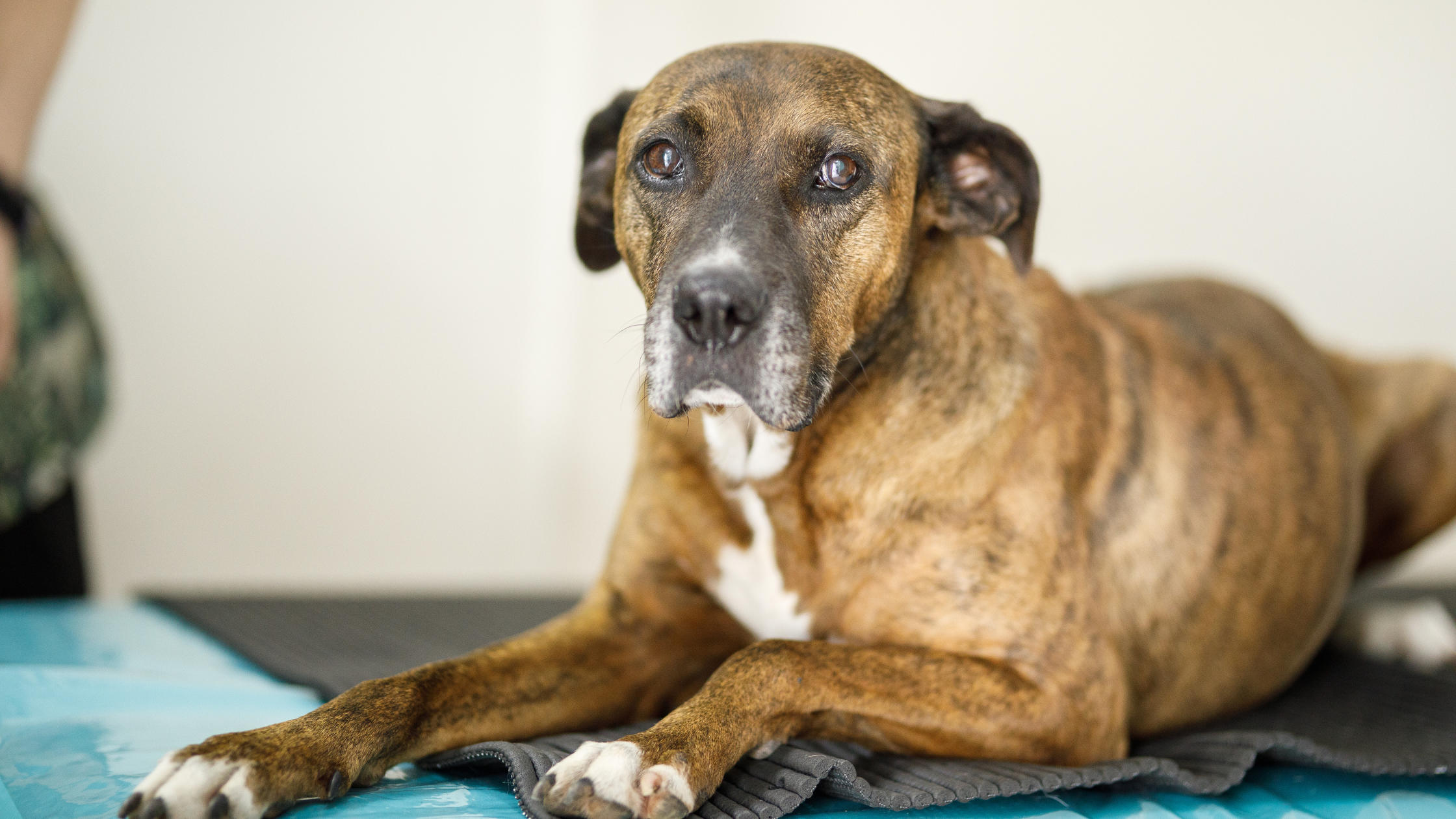While it may not be the most pleasant topic, the type of dog stool your dog has can offer valuable insights into their overall health. By paying close attention to the color, consistency, frequency, and other characteristics of dog poop, you can often detect potential problems early on and provide timely intervention.
Normal Dog Stool
A healthy dog's stool is typically dark brown, firm but not hard, and sausage-shaped. It should be easy to pick up without crumbling or sticking to surfaces. The frequency of bowel movements can vary, but most dogs have one to two per day.
Abnormal Dog Poop and What It Might Mean
Color Variations
Light Brown or Yellow
A recent change in diet can lead to temporary digestive upset. In some cases, it may signal problems with your pup’s liver or pancreas.
Green
Excess grass consumption is a common cause for green dog poop, especially in dogs that spend time outdoors. In more serious cases, it may indicate problems with the gallbladder or liver.
Orange or Red
Certain foods, especially those with artificial coloring, can cause this color.
Bright red blood in the stool can signal issues in the colon or rectum, specifically bleeding in the lower digestive tract.
Black or Tarry
This is a serious sign of bleeding in the stomach or small intestine.
White or Gray
Pancreatic insufficiency can cause white or gray poop. This condition can lead to poor digestion and nutrient absorption. In some cases, liver problems such as liver disease can cause this color.
Consistency Issues
Diarrhea, which is simply loose, watery stools, can be caused by dietary indiscretion, infections, or underlying medical conditions. On the other hand, constipation, which is hard, dry stools, can be due to dehydration, lack of fiber, or intestinal obstructions.
Other Concerns
A slimy coating on the stool can be a sign of inflammation in the colon. It's often associated with conditions like colitis or irritable bowel syndrome.
Worms or other parasites can be visible in your dog's stool. Regular deworming and fecal examinations are essential to prevent and detect parasite infections.
Other Potential Causes of Abnormal Stools
-
Infections: Bacterial, viral, or parasitic infections can cause diarrhea or other gastrointestinal problems.
-
Inflammatory bowel disease (IBD): This chronic condition can cause inflammation of the digestive tract, leading to diarrhea, vomiting, and weight loss.
-
Kidney or liver disease: These conditions can affect digestion and lead to changes in stool appearance.
-
Intestinal obstructions: Foreign objects or tumors can block the intestines, causing constipation, vomiting, and abdominal pain.
When to Seek Veterinary Advice
-
Persistent diarrhea or constipation
-
Blood in stool
-
Excessive straining during bowel movements
-
Loss of appetite or weight loss
-
Lethargy or weakness
-
Vomiting
-
Abdominal pain
Maintaining Healthy Digestion
Choose a high-quality dog food that is appropriate for your dog's age, size, and activity level. Avoid feeding your dog table scraps or human food, as these can upset their digestive system.
Ensure your dog has constant access to fresh, clean water. Dehydration can contribute to constipation. Keep your dog's food and water bowls clean to prevent bacterial contamination. Reduce stress and maintain a regular feeding and exercise schedule.
In some cases, probiotics or fiber supplements may be beneficial for digestive health. Consult with your veterinarian for recommendations. Deworm your dog regularly and have their type of dog stool checked for parasites.
Regular exercise helps stimulate digestion and bowel motility. However, avoid excessive exercise immediately after meals.
Schedule regular veterinary check-ups to monitor your dog's overall health, including their digestive system.
Paw Pail is A Convenient Solution for Dog Waste Disposal
Paw Pail is a revolutionary product designed to simplify the task of cleaning up after your furry friend. With its innovative features and hygienic design, Paw Pail offers a convenient and hassle-free solution for dog waste disposal.
By choosing Paw Pail, you're not only investing in a convenient product but also contributing to a cleaner and healthier environment. So, why wait? Make Paw Pail a part of your dog's daily routine and experience the difference it can make.



